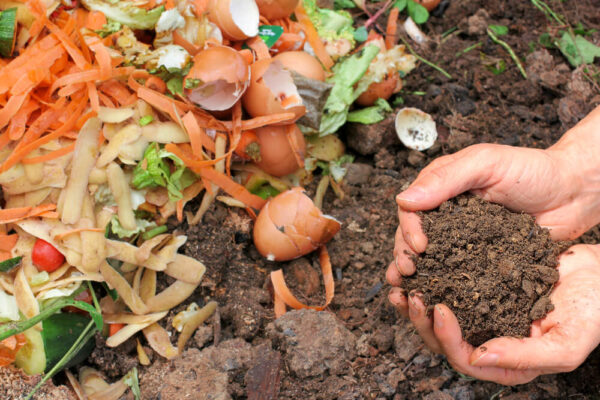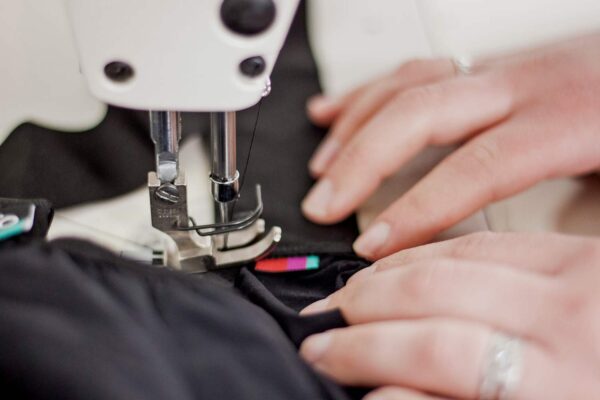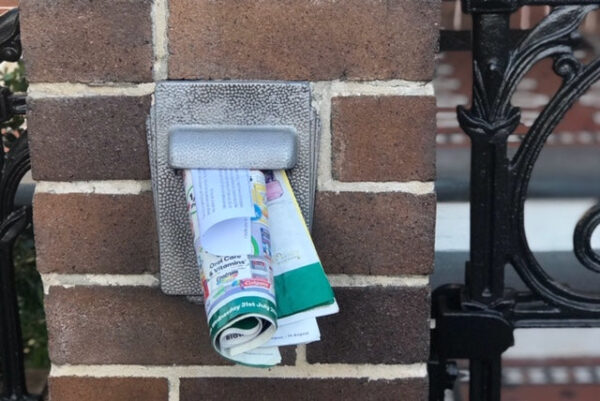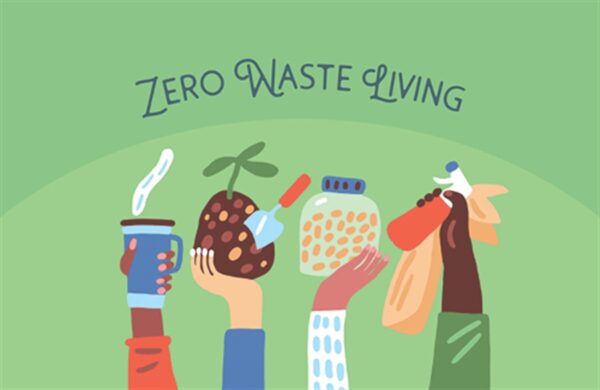The Zero Waste Lifestyle: Small Changes, Big Impact
The Zero-Waste Lifestyle: Small Changes, Big Impact

Adopting a zero-waste lifestyle doesn’t mean transforming your home overnight; it’s about making small, mindful changes that collectively create a significant impact on our planet.
By reducing, reusing, and recycling, you can play a crucial role in minimizing waste and conserving resources.
Here are ten practical steps to get started and sustain a zero-waste lifestyle.
Embrace Reusable Alternatives
Replace single-use items like plastic bags, water bottles, and coffee cups with reusable options.
Invest in cloth tote bags, stainless steel bottles, and bamboo or glass containers to reduce daily waste.

Shop at Bulk Stores
Purchase groceries and household goods in bulk using your own jars and containers.
Bulk shopping cuts down on packaging waste and often saves money in the long run.
/cdn.vox-cdn.com/uploads/chorus_image/image/65575336/566027207.jpg.0.jpg)
Compost Organic Waste
Set up a compost bin for food scraps, yard waste, and other biodegradable materials.
Composting reduces landfill waste while enriching your garden soil.

Practice Conscious Consumerism
Before buying something new, ask yourself: Do I really need this?
Opt for quality over quantity, buy second-hand, and choose items made from sustainable materials whenever possible.

Ditch Disposable Products
Switch to cloth napkins, reusable cleaning cloths, and washable kitchen sponges instead of disposable alternatives.
This simple change can dramatically reduce your household waste.

Create DIY Cleaning and Beauty Products
Homemade cleaning products, like vinegar-based sprays, and beauty items, like sugar scrubs, eliminate the need for excessive packaging and harmful chemicals.

Reduce Food Waste
Plan meals ahead, store leftovers properly, and get creative with scraps to reduce the amount of food that ends up in the trash.
Compost what you can’t use.

Repair, Don’t Replace
Fix broken appliances, mend clothing, and upcycle furniture rather than discarding them.
Look for local repair cafes or DIY tutorials to extend the life of your belongings.

Say No to Junk Mail
Opt out of paper mailings and catalogs by signing up for digital alternatives.
This not only reduces waste but also declutters your home.

Educate and Advocate
Share your zero-waste journey with friends and family.
Educate others about sustainable practices and support local businesses that align with your values.

By incorporating even a few of these tips into your daily life, you can significantly reduce your waste footprint and inspire others to follow suit.
Remember, every small step you take contributes to a cleaner, healthier planet for future generations.
